We don't accept answers. We explore ideas.
We believe discourse around literature and language is an exercise in collaboration and respect, where every voice is heard, even when you don’t agree.
We explore ideas as a group, developing the self-awareness to express yourself, the courage to speak up, the patience to listen, and the empathy to understand.
There is no absolute right or wrong answer. Rather, we learn the rhetorical value of persuasion, the art of disagreeing, and the tools for productive conversation, critical thinking, and creative problem-solving.
Humanities: World Cultures and Geography
(Grade 6) This course explores the dynamic interplay between patterns of human behavior and the places where people live. We read novels, explore cultures and the environments in which we live, and write and discuss how humans interact and are influenced by the world around us.
(Texts may include: The Maze, Shackleton’s Stowaway, Esperanza Rising, A Long Walk to Water, Facing the Lion.)
Humanities: Human Behavior and Social Change
(Grades 7/8) This course focuses on civic responsibility in a democracy and the development of different political systems. We explore American government, its structure, and its ability to adapt to our modern culture. We examine human behavior by looking at the rise of Nazi Germany and the Holocaust. By following the "Facing History and Ourselves" curriculum — which compels students to examine the human experience of conformity, obedience to authority, upstanders, bystanders, perpetrators, and victims — we make connections between historical events and human nature.
(Texts may include: Nothing But the Truth, Lord of the Flies, MAUS I and II, Romeo and Juliet, The Power of One)
Humanities: The United States by the Decades
(Grades 7/8) Throughout this year we explore human culture, such as literature, art, philosophy, and history as we study the participation of citizens on the Homefront during the 20th Century. We examine engagement in our community, what it takes to create change, and explore the forces that influence those changes.
*(Texts may include: Black Duck, Into the Dust, Weedflower, Code Talker, Animal Farm, To Kill a Mockingbird)
Storytelling in World Literature
(Grade 9) Storytelling is one of our oldest tools of art, culture, and survival. Through stories we search for meaning, transcend worlds, and discover new perspectives. We build empathy. In this course, we explore a variety of different types of and uses for telling stories from authors beyond our American borders. The goal of Grade 9 Literature is to offer a breadth of genres and styles of storytelling, as well as, hone our analytical writing, media literacy, and grammar skills.
(Texts may include works from the following authors: Yiyun Li, Jhumpa Lahiri, Chimamanda Ngozi Adichie, Junot Diaz, Taha Muhammad Ali, and more)
Where Do We Go From Here? Stories of Loss and Hope
(Grades 10/11) What keeps us moored to our humanity in the face of loss and destruction? Is the answer to this question situational or universal? Of the moment or lasting? Through novels, short stories, nonfiction accounts, plays, and films, we explore how people—both professional writers and everyday citizens—cope with the weight of loss, how they search for answers, and how, in the face of tragedy, they find hope. Students will deepen their analytical writing and multimedia skills, engage with texts in creative, critical, and personal ways, and continue to develop and hone rhetorical and conversational skills.
*(Texts may include: Hamlet (Shakespeare, William); The Diary of a Young Girl (Frank, Anne); Exit West (Hamid, Mohsin); Station Eleven (St. John Mandel, Emily); Things Fall Apart (Achebe, Chinua); A River Runs Through It (McLean, Norman); and others. Films may include: Her (Jonze, Spike); Big Fish (Burton, Tim); Lion (Davis, Garth); Hamlet (Almereyda, Michael); and others)
Identity in North American Literature
(Grades 10/11) What does it mean to be "American"? How does difference define or divide who we are? How can language and rhetoric affect public opinion and shape societies? With each decade authors shine a new spotlight on what it means to have an “American” voice in literature. As such, our course pulls from a breadth of (mostly) American writers exploring these questions of identity and difference from the late 19th century to present day. Students will deepen their analytical writing and multimedia skills, engage with texts in creative, critical, and personal ways, and continue to develop and hone rhetorical and conversational skills.
(Texts include: Emerson, Ralph Waldo, “The American Scholar”; Whitman, Walt, “Song of Myself”; Silko, Leslie Marmon, Ceremony; O’Brien, Tim, The Things They Carried; Miller, Arthur, Death of a Salesman; poetry from the Harlem Renaissance and Beat Generation; Adichie, Chimamanda Ngozi, Americanah, and a myriad of films, short stories, essays and poetry in a unit titled “Equity and the Environment.”
Power & Empowerment in The Novel
What do fictional characters reveal about human nature? How does the writer’s use of language affect your relationship with a text? What does an author reveal about his or her life in a novel? And, does his or her lived experience or philosophical bias make a piece of fiction more or less true? In this seminar-style course, we study one of the major literary forms in detail—the novel. Novels can be a memory, a truth, a prism, a mirror, a microscope, a map. A study of the novel lends itself to exploring our understanding of self and society. We conclude our exploration of the enduring genre by applying what we've read and learned to our own writing in a capstone project where you write the first chapter of a novel. A short unit at the beginning of the year will also be spent working on college essays.
(Texts may include: Hurston, Zora Neale, Their Eyes Were Watching God; Saramago, Jose, Blindness; Alvarez, Julia, In the Time of the Butterflies; Hosseini, Khaled, Kite Runner; Roy, Arundhati, The God of Small Things)
“To learn to write is to learn to have ideas.”

